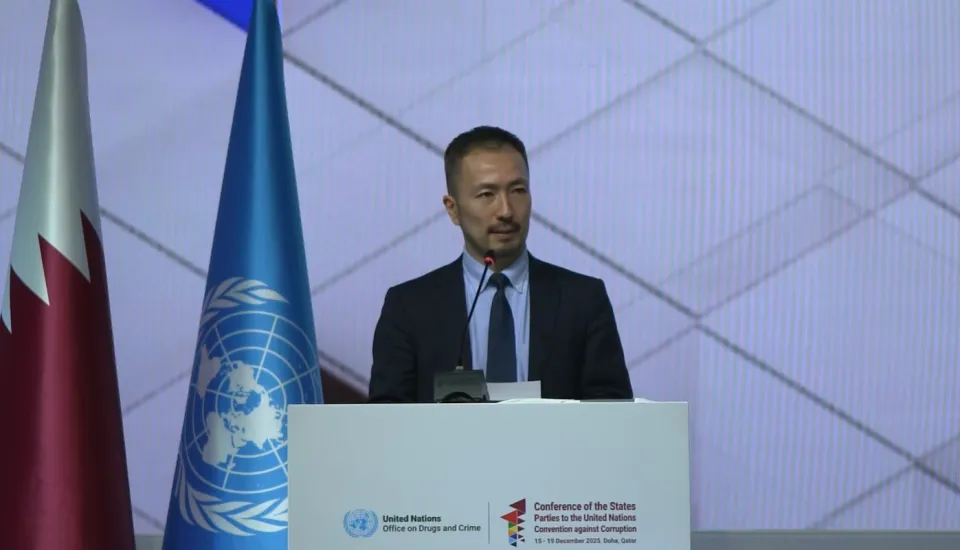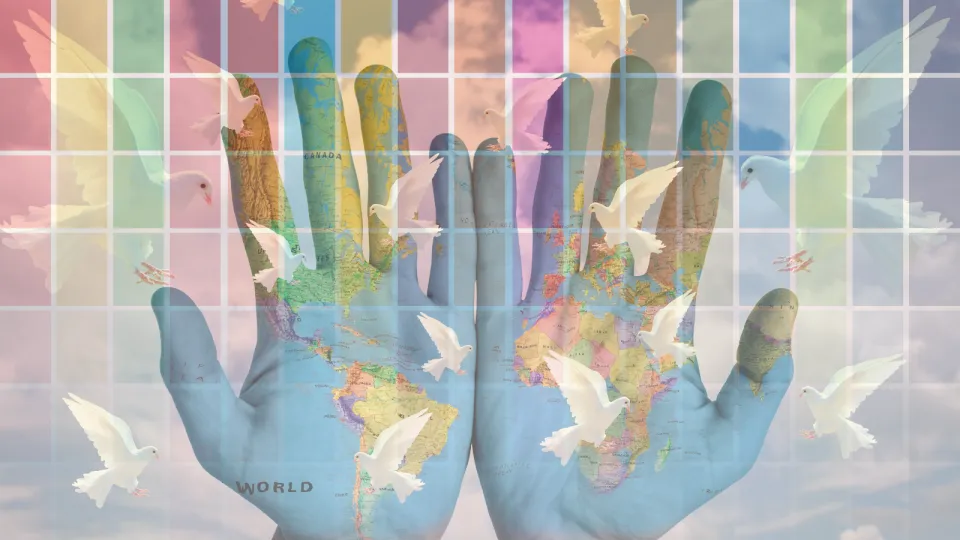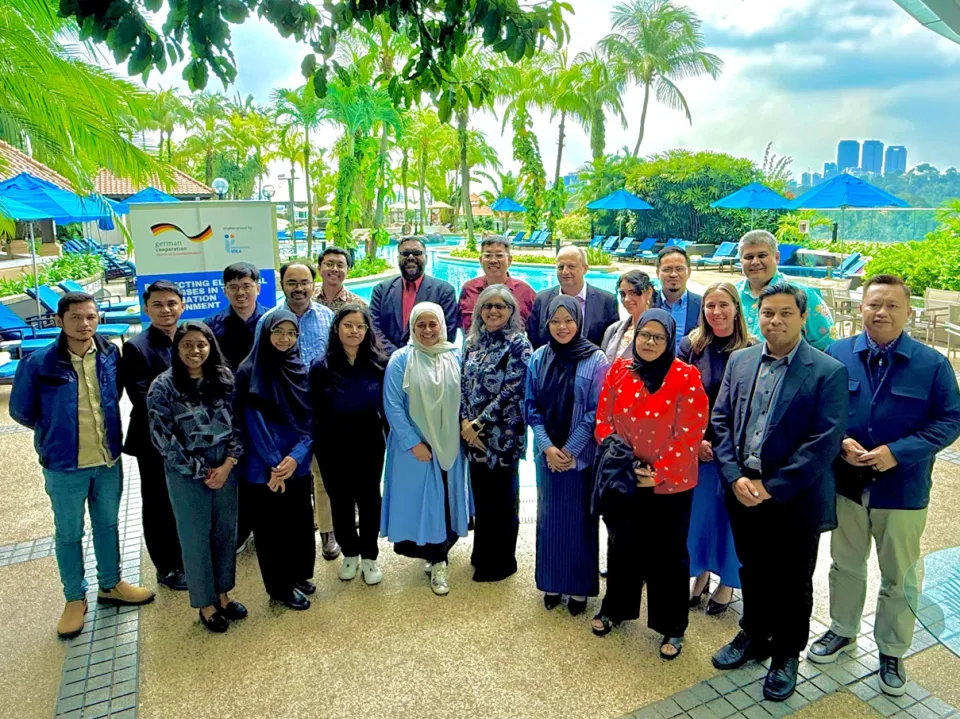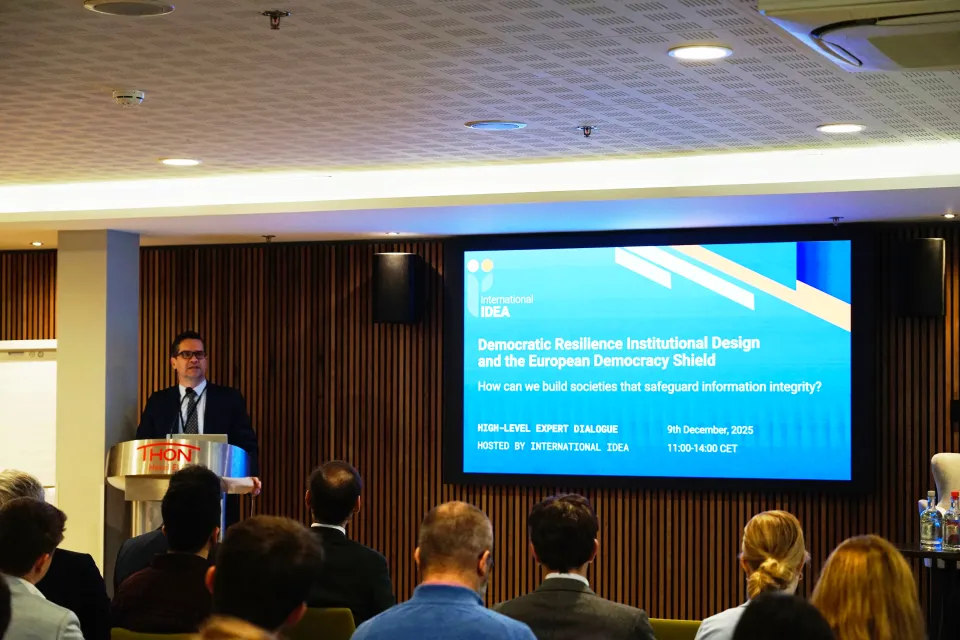Women’s empowerment is key to sustainable development and there is a need for the United Nations and regional organizations to set clear strategic objectives and address critical areas of concern.
The next session of the Commission on the Status of Women (CSW), taking place in New York 14-24 March 2016, will be just the place for the international community – the UN and regional organizations such as the African Union, the European Commission, ASEAN and the OAS – to find areas for joint actions and initiatives to give a significant boost to gender equality and women’s political empowerment around the globe.
International IDEA is convening the Inter-Regional Workshop as a side event during the CSW on the theme “Regional Organizations and the Promotion of Gender Equality and the Political Empowerment of Women”, to discuss and exchange best practices with a global community of experts and practitioners. This initiative will allow for an in-depth discussion on the role of regional organizations in supporting gender equality. Including the formulation of concrete policy recommendations on how to enhance their impact in this field.
In particular, further collaboration and coordination with the UN and civil society organizations (CSOs) will be key to ensure achievement of Agenda 2030 and will therefore be explored in depth. The workshop brings together senior representatives from regional organizations, the UN, CSOs and other experts to present regional innovations, exchange experiences and interactively discuss key issues such as women’s political empowerment and the link to sustainable development.
The CSW will also allow for a broader discussion on emerging issues, trends, and new approaches to matters affecting the situation of women including in the framework of the newly approved Agenda 2030 for sustainable development.
Agenda 2030 provides a historic opportunity for collaboration between regional organizations and the UN to follow up and review progress of the development commitments, but also in terms of supporting the effective implementation of concrete measures along the way. This means a unique opportunity for regional organizations to play a greater role in women’s empowerment, including strengthening women’s political participation and fostering more inclusive democratic processes in their regions.
Regional organizations are among the leading proponents of normative frameworks, processes and institutions that promote and can contribute to the achievement of gender equality and the political empowerment of women. While their mandates vary, they have all established legal frameworks and specific mechanisms to strengthen gender equality in their regions. All regional organizations have a dedicated body, in the form of a committee, commission or directorate that is responsible for mainstreaming and spearheading efforts on gender equality and women’s political empowerment.
Despite great differences, regional organizations recognize that they share many common challenges. As unequal opportunities and conditions for political participation and representation between men and women still exist worldwide and women remain underrepresented from the structures of governance. Inter-regional cooperation, the identification of common policy solutions and peer learning in general can greatly contribute to the achievement of gender equality in their regions.
The Inter-Regional Dialogue on Democracy is a platform for engagement among regional organizations on democracy and related issues. To date, the regional organizations include African Union, Association of Southeast Asian Nations, Council of Europe, European Union, League of Arab States, Organization of American States, Pacific Islands Forum, and the South Asian Association for Regional Cooperation.



